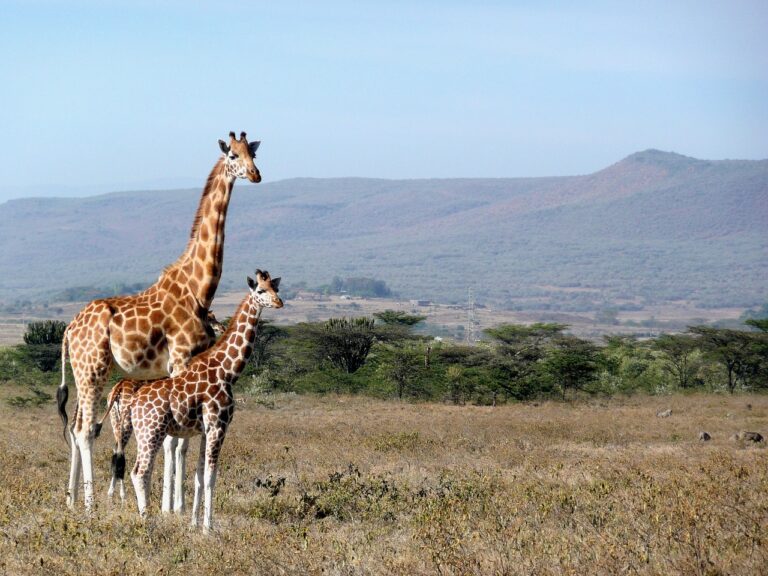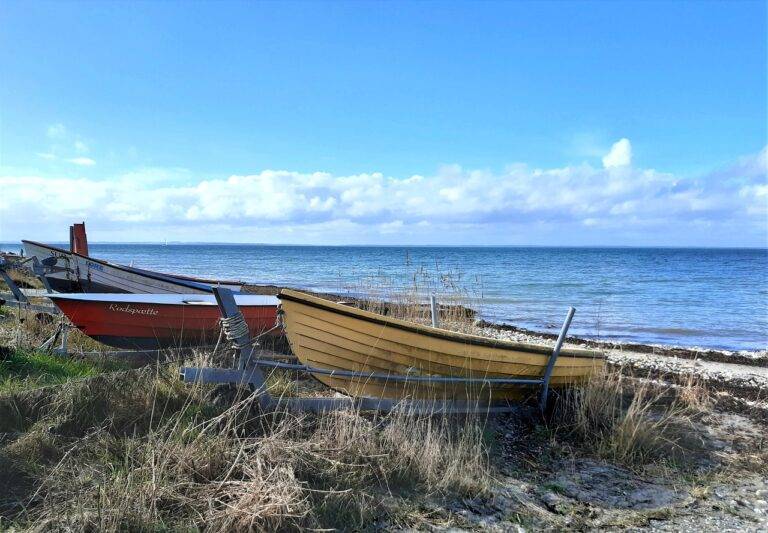Exploring the world’s most remote islands: off-the-grid adventures
Exploring remote islands offers a unique sense of adventure and discovery that many travelers crave. These secluded gems are shrouded in mystery, beckoning wanderers to unravel their untold stories and hidden treasures. The unspoiled natural beauty of these remote lands captivates the soul, providing a serene escape from the hustle and bustle of everyday life.
The allure of remote islands lies in the opportunity to disconnect from the distractions of modern society and immerse oneself in the simplicity of island living. From pristine beaches and crystal-clear waters to lush jungles and towering cliffs, these islands offer a glimpse into a world untouched by time. Travelers are drawn to the sense of freedom and tranquility that comes with exploring these remote paradises, forging a deep connection with nature that is both rejuvenating and profound.
• Remote islands offer a unique sense of adventure and discovery
• These secluded gems are shrouded in mystery, beckoning wanderers to unravel their untold stories and hidden treasures
• The unspoiled natural beauty captivates the soul, providing a serene escape from everyday life
• Disconnect from distractions of modern society and immerse oneself in island living
• Pristine beaches, crystal-clear waters, lush jungles, and towering cliffs offer a glimpse into a world untouched by time
• Travelers are drawn to the sense of freedom and tranquility that comes with exploring remote paradises
Islands that are untouched by tourism
Islands unaffected by the relentless influx of tourists possess a unique charm that stems from their pristine landscapes and unspoiled beauty. These secluded oases offer a tranquility that is increasingly rare in today’s bustling world, drawing in travelers seeking solace and a break from the chaos of urban life. The untouched allure of these islands lies in their ability to provide a sense of isolation and serenity, allowing visitors to immerse themselves in the untouched wonders of nature without the distractions of commercialization.
Exploring these remote islands presents a bevy of opportunities for adventure and discovery, as visitors have the chance to uncover hidden treasures and witness untouched ecosystems in their purest form. From untouched beaches with crystalline waters to dense forests teeming with rare wildlife, these unspoiled islands offer a glimpse into a world untouched by the hands of modern development. Although venturing to these remote destinations may come with logistical challenges, the reward of experiencing the untainted beauty of these islands makes the journey well worth the effort.
Challenges of traveling to remote islands
Traveling to remote islands presents unique challenges that can test even the most seasoned adventurers. The limited accessibility to these off-the-beaten-path destinations means intricate planning is essential to ensure a smooth journey. From unreliable transportation options to unpredictable weather conditions, getting to remote islands can be a logistical puzzle requiring careful consideration and flexibility.
Once travelers reach their destination, they may encounter a lack of amenities and infrastructure that are readily available in more developed tourist locations. Limited accommodation choices, scarce food supplies, and limited medical facilities can make vacations to remote islands more challenging and require visitors to adjust their expectations and be prepared for a more rustic experience.
Why are remote islands so alluring to travelers?
Remote islands offer a sense of seclusion and exclusivity, allowing travelers to escape the hustle and bustle of popular tourist destinations.
What are some examples of islands that are untouched by tourism?
Islands such as Svalbard in Norway, Tristan da Cunha in the South Atlantic, and Easter Island in Chile are known for their remote and untouched landscapes.
What are some challenges travelers may face when visiting remote islands?
Challenges can include limited transportation options, lack of modern amenities, communication barriers, and potential risks associated with remote locations.
How can travelers prepare for the challenges of visiting remote islands?
Travelers should research the destination thoroughly, pack essentials such as food and water, inform someone of their travel plans, and be prepared for unexpected situations that may arise.





